Data Protection Solutions For Life Sciences - Newsletter #30
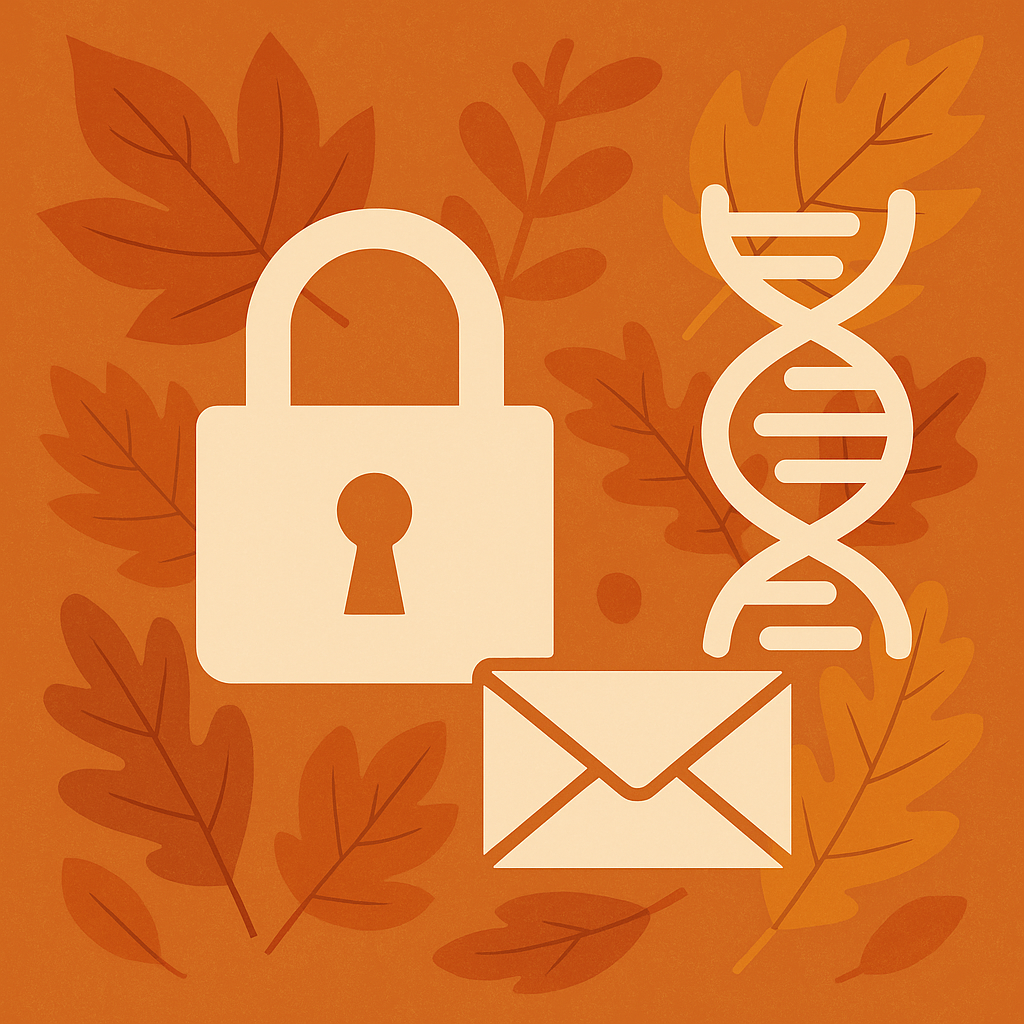
In this Newsletter
Summary
This month’s newsletter brings you a mix of regulatory updates, enforcement actions, and technology developments shaping the future of data protection and health innovation. From landmark CJEU and General Court rulings to ENISA’s new cybersecurity guidance, we track the evolving privacy and compliance landscape. On the tech side, we spotlight advances in AI drug discovery, Oracle’s and OpenAI’s healthcare strategies, Lilly’s biotech platform, and Apple’s latest health features. We also cover significant enforcement news, underscoring the need for strong security and privacy-by-design practices.
Regulations & Guidelines

CJEU Refines “Personal Data” in Cases of Pseudonymisation
On 4 September 2025, the Court of Justice of the EU ruled in EDPS vs SRB (C-413/23 P) that pseudonymised data is not automatically considered personal data under the GDPR for all recipients. The ruling also affirms that controllers must inform data subjects at the moment of data collection about any onward sharing, even if the data will later be pseudonymised.
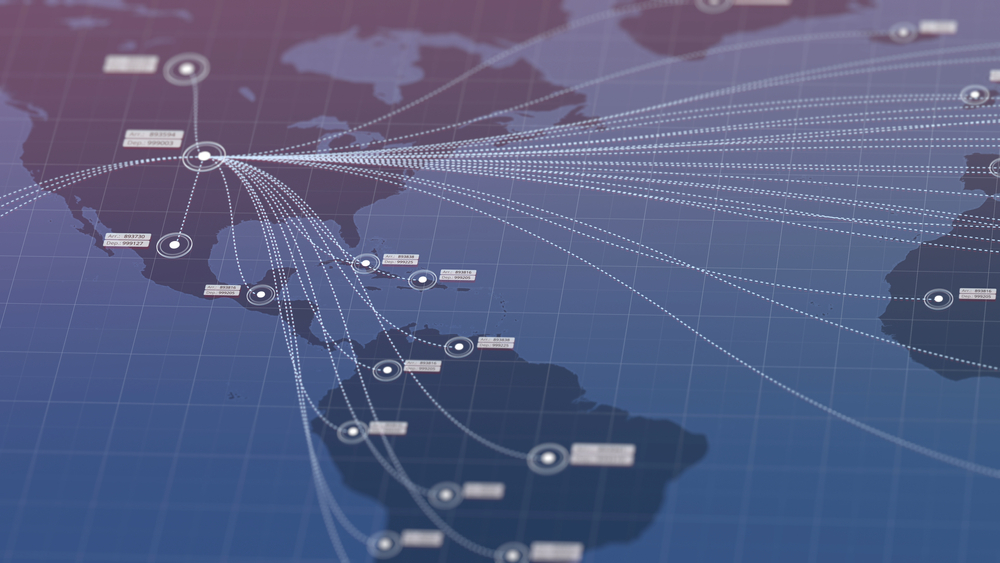
General Court Upholds EU-U.S. Data Privacy Framework (DPF) in Latombe v Commission
In its judgment of 3 September 2025 in Latombe v Commission (T-553/23), the General Court dismissed an annulment action against the EU Commission’s adequacy decision for the United States, confirming that the Data Privacy Framework remains valid for transatlantic data transfers.

ENISA Publishes Cybersecurity Guide for Healthcare
The European Union Agency for Cybersecurity (ENISA) has released a practical booklet to help healthcare organizations strengthen their cyber resilience. The guide offers actionable steps for safeguarding sensitive medical data and reducing exposure to cyber threats. It is tailored for both large hospitals and healthcare providers, as well as smaller entities such as specialist clinics and general practitioners.

EU and Brazil Move Closer to Mutual Data Adequacy Under GDPR
The European Commission has launched the process to recognize Brazil’s data protection framework as adequate under the GDPR. Once adopted, this would allow personal data to flow freely between the EU and Brazil without additional transfer mechanisms. Brazil is also working toward reciprocal recognition, though the decision must still pass reviews by EU institutions before taking effect.
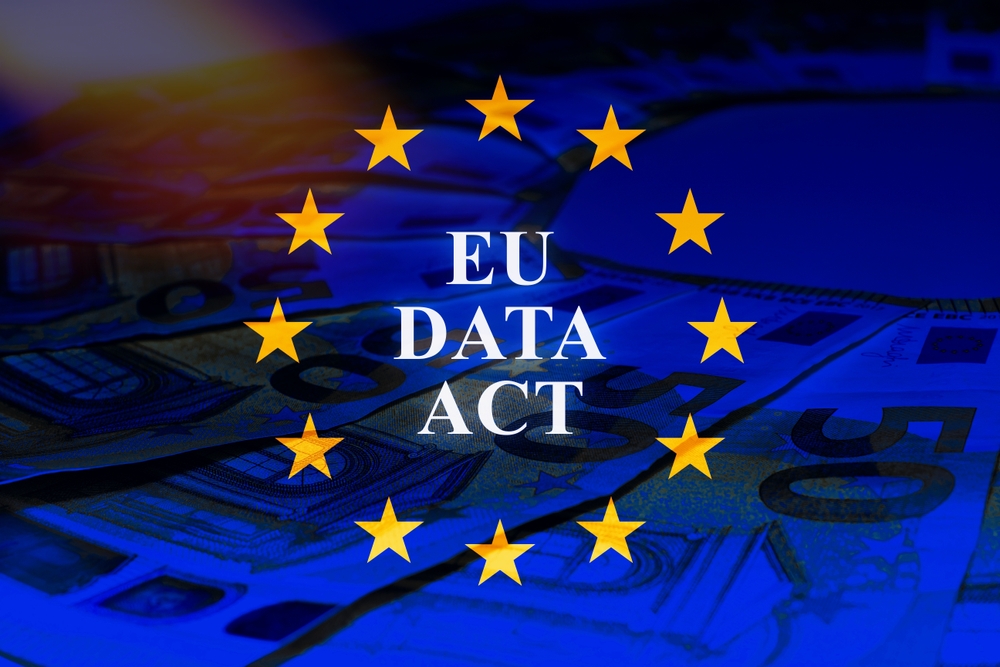
EU Data Act Set to Reshape Health & Medical Devices
Coming into force in September 2025, the EU Data Act will oblige manufacturers of connected health and medical devices - from pacemakers to fitness trackers - to provide users free access to their usage data and enable its transfer to third parties. The law also requires clear product data information before contracts are signed. Companies are urged to adapt early to avoid compliance risks and costly recertifications.

Italy is the First EU Country to Enact its AI Act Law
Italy has enacted the first national AI law in the EU, complementing the EU AI Act, which promotes transparent and secure AI use and regulates its application in healthcare, research, and digital services. The law also addresses deepfakes, copyright for AI-assisted works, minor consent, and entrusts enforcement to AgID and the National Cybersecurity Agency with a €1 billion investment programme.
AI and Techbio

AI Drug Discovery: From Hype to Hard Lessons
Despite billions invested, early AI-driven drug discovery start-ups have yet to deliver an approved medicine, as the complexity of human biology continues to outpace technological capabilities. While initial promises fell short, breakthroughs like AlphaFold2 and generative AI are renewing optimism that more advanced tools and richer datasets could eventually unlock real progress in pharmaceutical research.

Oracle Unveils New AI Features to Boost Patient and Clinical Experience
Oracle Health is heavily expanding its AI capabilities across clinical workflows, revenue cycle management, and patient engagement, introducing features that let patients use conversational AI in their portal to get plain-language explanations of diagnoses or lab results, ask about their medical records, and more. At the same time, Oracle is embedding AI agents into its electronic health record system to help with tasks like prior authorizations, billing, identifying care gaps, and matching patients to clinical trials. The company also launched an AI Center of Excellence to support healthcare organizations in deploying these tools responsibly and effectively.
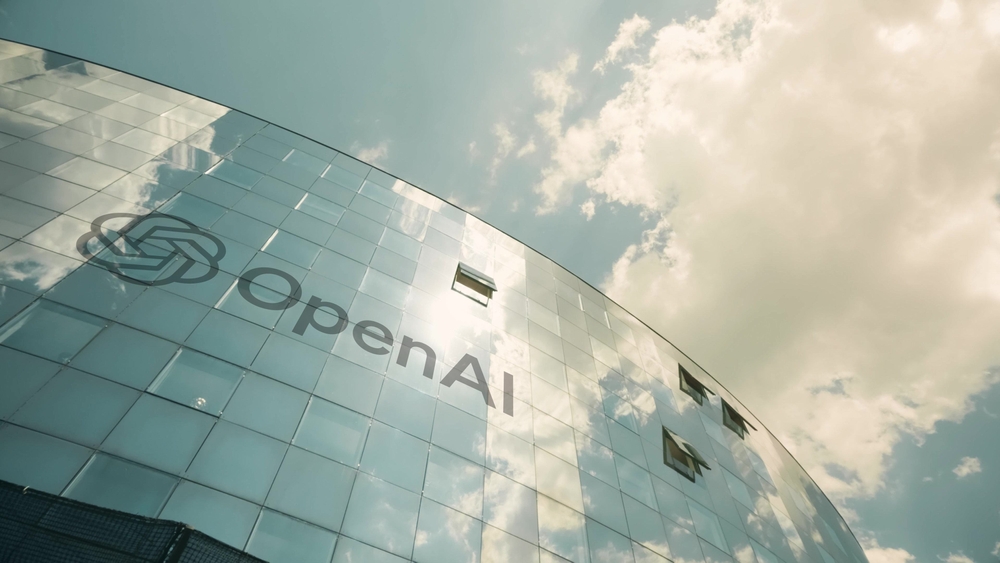
OpenAI Brings in Industry Veterans to Lead Healthcare AI Push
OpenAI is accelerating its healthcare ambitions by hiring Nate Gross, cofounder and former chief strategy officer of Doximity, to lead its go-to-market healthcare strategy, and Ashley Alexander, former co-head of product at Instagram, as VP of Product in its health division. The move signals a shift from OpenAI simply powering partners’ health tech to building its own tools for clinicians and consumers, building on recent breakthroughs like GPT-5 and the HealthBench benchmark to validate safety and accuracy.
BioTech, Healthtech and Healthcare
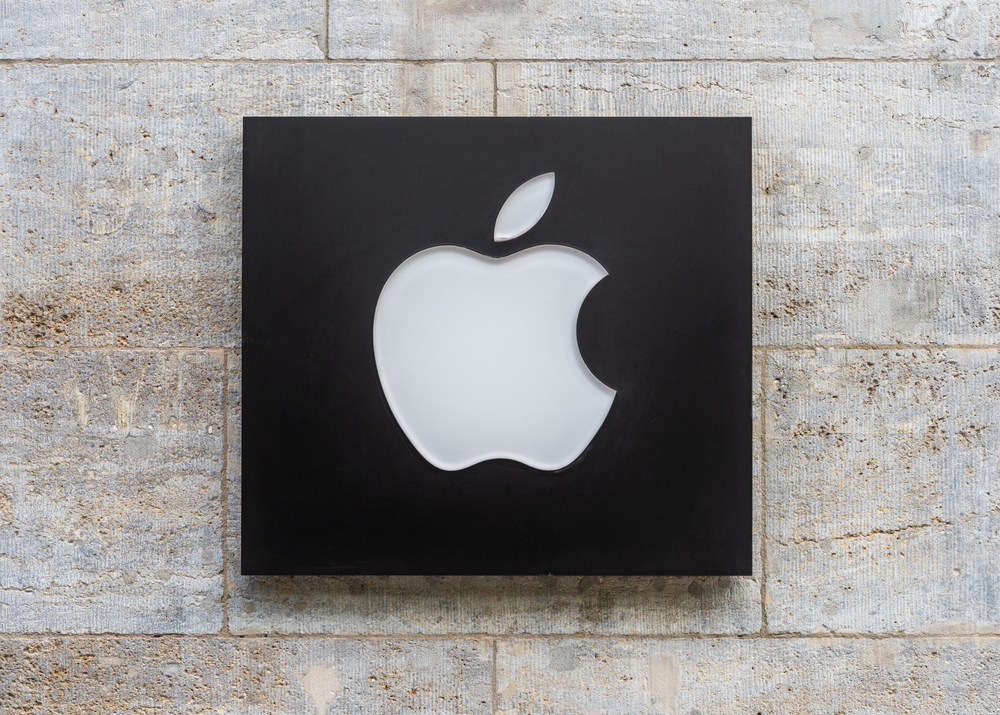
Apple Unveils New Sleep and Hearing Health Features
Apple has introduced major health-focused updates: the Apple Watch gains a new “Breathing Disturbances” metric with notifications for possible moderate-to-severe sleep apnea, while AirPods Pro 2 debut an integrated hearing suite that includes hearing protection, a clinic-grade hearing test, and an over-the-counter hearing aid feature. These tools aim to empower users to monitor and act on key sleep and hearing health issues more proactively, while maintaining privacy and seeking regulatory approvals globally.
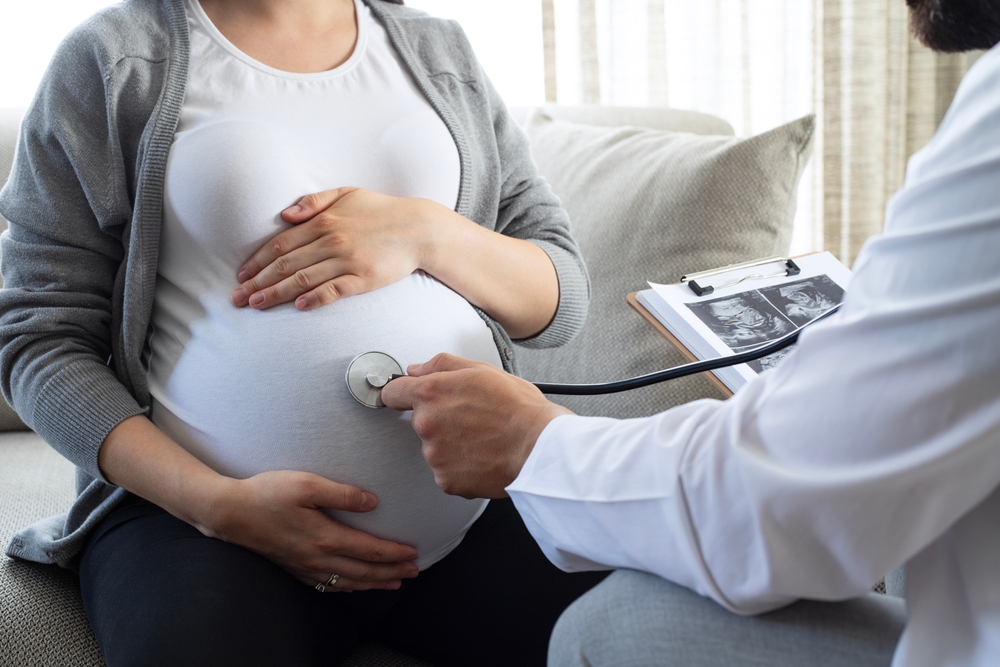
Digital Pregnancy Tracking Tools Reshape Maternal Care
Recent analysis highlights the rapid adoption of digital pregnancy tracking tools, ranging from simple applications to AI-powered wearables. These platforms integrate biometric monitoring, predictive analytics for conditions such as gestational diabetes and mental health support. While they enhance personalization and accessibility, the legal framework presents serious questions to be addressed, especially in privacy, while interoperability with clinical systems is also challenging the technical field.
Podcasts
- Can AI Hear Cancer in your Voice ?
- Cybersecurity in Medical Devices - What QA / RA Must Do Today
- The Vision For Patient Engagement
iliomad's News

IAPP 2025 Here We Come !
The iliomad team is excited to be at the IAPP Congress 2025 in Brussels! We can’t wait to connect, exchange insights, and be part of the global data protection community.

Sign up for our newsletter
We like to keep our readers up to date on complex regulatory issues, the latest industry trends and updated guidelines to help you to solve a problem or make an informed decision.

Data Protection Solutions For Life Sciences - Newsletter #31
November spotlight: global AI, privacy, and healthtech reforms driving stricter regulatory compliance worldwide.

Data Protection Solutions For Life Sciences - Newsletter #30
From EU courts to AI in healthcare, key insights shaping data protection.

Data Protection Solutions For Life Sciences - Newsletter #29
Our September newsletter is here — covering global regulations, AI breakthroughs in healthcare, cybersecurity threats, and the rise of wellness tech.



